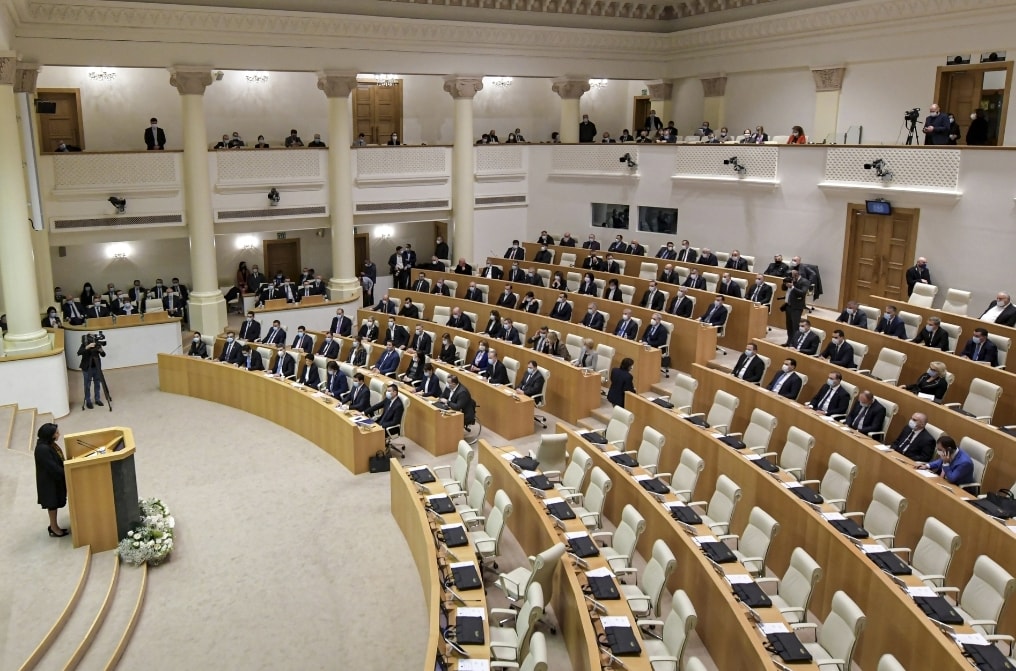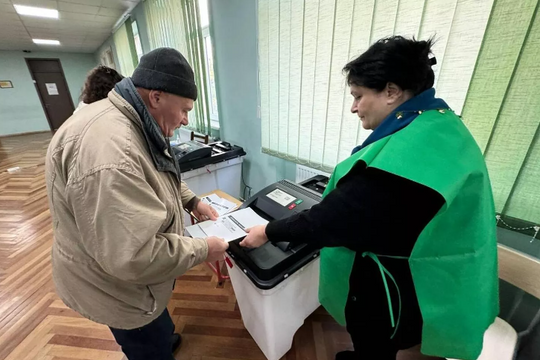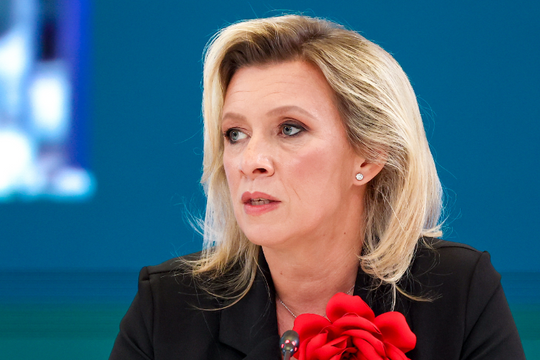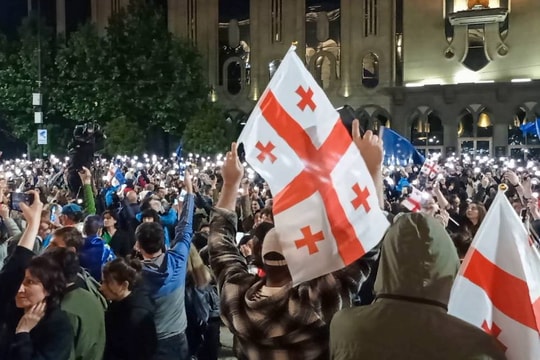The West calls for an investigation into election violations in Georgia
Reacting to the results of the parliamentary elections in Georgia, the West called for an investigation into violations.

In the US, after Georgia announced the results of its parliamentary elections, Washington called for an investigation into all reports of violations during the campaign. Secretary of State Antony Blinken quoted international observers as saying that the election environment showed signs of the ruling party abusing public resources, bribing and intimidating voters, "creating an uneven playing field and eroding public and international confidence."
The US Secretary of State stressed that Washington noted reports of "violations and instances of violence" and cited observers who were questioning the integrity and fairness of the voting results.
Mr. Blinken called on the Georgian government to "support the rule of law, repeal laws that violate fundamental freedoms, and work together to address electoral irregularities."
In the UK, Foreign Secretary Stephen Doughty spoke out about allegations of abuse of administrative power, pre-election polarization and "instances of voter intimidation and coercion".
In a statement posted on the UK Foreign Office website, Mr Doughty said: "We will monitor the situation closely with our international partners and stand ready to assist."
The head of the European Union's foreign policy, Josep Borrell, also expressed concern about the Georgian election. Citing observers, he spoke of pressure on voters, unequal conditions for candidates and concerns about recent legislative changes to the electoral process.
"These violations need to be clarified and reviewed. This is a necessary step to restore confidence in the electoral process," Mr. Borrell said.
The Polish Foreign Ministry also expressed concern about the progress of the parliamentary elections in Georgia. "Unfortunately, what we observed in the October 26 elections did not bring Georgia closer to the EU and NATO, but on the contrary, distanced Tbilisi from them," the Polish Foreign Ministry said.
Similarly, Lithuanian President Gitanas Nausea said that the Georgian government is still firmly taking a stance that leads the country against the trend of European integration.
"First of all, the question is whether the Georgian Dream party will win or not. That is the question. We do not even know whether they won or lost. Secondly, in Georgia only a few people are satisfied with the results. Because this result is completely incompatible with the rapprochement with the European Union," the Lithuanian President said.
However, observers from the Organization for Security and Cooperation in Europe (OSCE) and the European Parliament said they did not see any large-scale unrest. Their report said that Georgia's legal system had organised the election effectively, which took place as planned.
At the same time, the OSCE pointed out the imbalance of opportunities between candidates. According to observers, the ruling party has more resources to gain an advantage. In addition, the pre-election environment is also accompanied by polarization.
Georgian media quoted Prime Minister Irakli Kobakhidze as saying on October 28 that the opposition was trying to overthrow the "constitutional order" and that his government remained committed to European integration.
For many years, Georgia was one of the most pro-Western of the former Soviet bloc countries, with polls showing that many Georgians disliked Russia.






